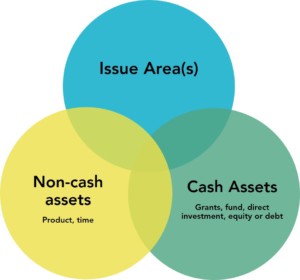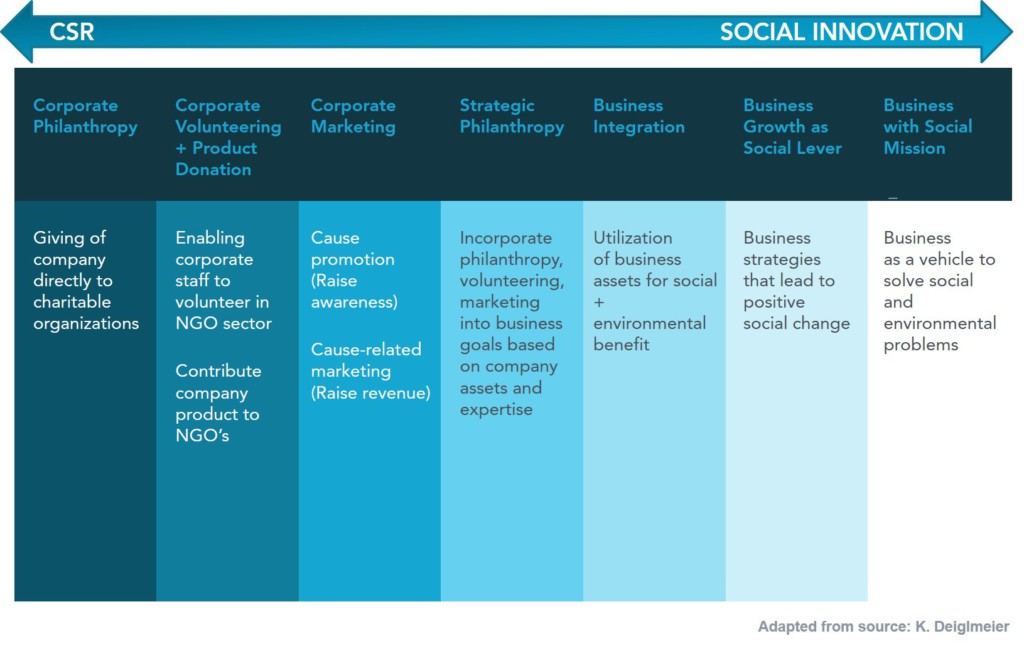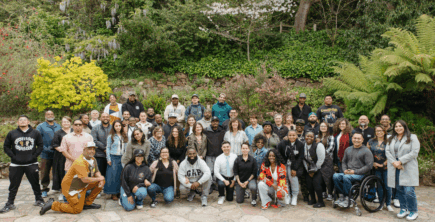
LGBT

Tides discussed this topic in a panel at the Social Innovation Summit on Wednesday, June 6th along with Google.org, Box.org, Twilio and Docusign. This blog post is an excerpt from the full paper:
Read the full paper here (PDF)
Last August, Hurricane Harvey slammed the town of Friendswood, Texas, near Houston. Emergency vehicles couldn’t pass. First responders were paddling kayaks through the streets. The 9-1-1 system was overloaded.
Local software engineer Joshua Lyman took to Twitter: “@twilio I’m helping set up a pop-up inbound call center for #Harvey efforts in S Houston. Can you point me to any guides you have on this?”
Soon, Lyman was downloading a Twilio’s Rapid Response Kit, a tool that allows you to deploy communication apps quickly, and just over 24 hours later, town officials sent out their first city-wide emergency-aid text. In the first four hours, the system handled more than 150 incoming calls.

Friendswood was no fluke.Twilio was able to help the flood ravaged town so quickly because Twilio makes a conscious effort to support communities and nonprofit organizations as part of its corporate culture. Twilio.org, Twilio’s social impact arm, provides community groups with discounted products, an “Impact Corps” of employee volunteer developers and “Impact Fund” grants and investments.
“People in times of crisis need to access information. It’s critical,” says Meghan Nesbit, director of nonprofit market development for Twilio.org. “They needed to get something up and live. Every minute, every hour made a huge difference.”
Until recently, traditional corporate philanthropy has not been a priority for many companies, perhaps dismissed by the adage, “We’ll do well by doing good.”

But today, a more scattershot approach to corporate impact is giving way to more strategic efforts. At forward-thinking companies, corporate social responsibility means focusing on specific social-impact issues with the full portfolio of company assets–equity, cash, employees, products and expertise.
“We bring our people, products and financial resources together to support innovative, tech-driven nonprofits around the world,” explains Lacy Caruthers, principal at Google.org. Most recently, the company aided the new Memorial to Peace and Justice in Montgomery, Alabama, helping build a database of the thousands of racial terror lynchings between 1877 and 1950.
Nesbit, Caruthers, and others appeared on Wednesday, June 6, panel, “Corporate Social Impact: New Approaches & Creative Strategies,” at the Social Innovation Summit 2018 in Redwood City. Alex Sloan, Tides vice president for strategic partnerships and communications, moderated.
Tides is also engaging corporate networks at the Sustainable Brands conference, June 4-7, in Vancouver.

To be sure, the concepts of corporate social responsibility and social-impact philanthropy have been evolving for a long time. Newer movements such as Pledge 1%, a Tides’ special initiative, Founders Pledge, and 1% for the Planet have helped encourage companies to get involved early and leverage company assets beyond money, including employee volunteer time during the workday and the company’s products and services in support of their desired social impact
Companies, literally, have made doing good their businesses.
Box.org, for example, has provided communications and technical support for organizations from local libraries and after school program providers to global humanitarian leaders like PATH and Oxfam. Global Program Manager Christina Louie, says: “We value our nonprofit customer partners and are proud to donate and discount our services to them and enable their success.”
At DocuSign, Amy Skeeters-Behrens, Executive Director of DocuSign IMPACT, philanthropic efforts are “built around three pillars: our technology, our time and our profits.” This spring, DocuSign employees across the world marked DocuSign’s April 27 initial public offering by volunteering with local nonprofits. About 150 DocuSign employees will be volunteering in July at the Special Olympics USA games in Seattle.
“It’s from the grassroots and the top down,” says Skeeters-Behrens. “Over the past five years we’ve donated over $1 million worth of product to Special Olympics International. So it’s really the best of what the company has to offer–our technology, our people and our dollars.”
This is simply not the old way that businesses operated. Companies at the forefront of the 21st century are using their philanthropic operations to expand far beyond their own offices or factories or distribution networks. They’re consciously trying to make a new world, not just new stuff.
Find out more about how Tides partners with corporations.
Journalist David Crook contributed to this article.

LGBT

Corporate Partners

Philanthropy

Read the stories and hear the voices of social change leaders fighting for justice.